
How to Get Rid of Muscle Soreness: Home Remedies That Really Work
💪 How to Relieve Muscle Soreness Naturally: Effective Home Remedies That Work
Muscle soreness is something nearly everyone experiences—whether it’s from a tough workout, poor posture, or a long day at the desk. While it’s often harmless, it can interfere with your daily life and well-being. Fortunately, there are many natural remedies that can help soothe sore muscles and speed up recovery without relying on painkillers.
🧠 What Is Muscle Soreness?
Muscle soreness, or myalgia, refers to discomfort or pain in the muscles due to tension, overuse, inflammation, or injury. It can be localized—like a pulled calf—or widespread, as seen in chronic conditions like fibromyalgia. Symptoms range from mild stiffness to intense pain that limits mobility.
🔍 Common Causes of Muscle Soreness
-
Overexertion during exercise
-
Poor posture or repetitive strain
-
Injury or trauma
-
Inflammatory conditions (e.g., arthritis, polymyalgia rheumatica)
-
Dehydration or mineral deficiencies
-
Viral infections like the flu
🛠️ Natural Remedies to Relieve Muscle Soreness
1. Cold Therapy (First 48 Hours)
Apply ice packs to reduce inflammation and prevent swelling. Ideal for acute injuries.
How to use:
-
Wrap crushed ice in a towel or use a frozen bag of peas.
-
Apply for 15 minutes, 4–8 times daily for the first two days.
2. Heat Therapy (After 48 Hours)
Heat improves circulation and relaxes tight muscles. Great for chronic pain or post-injury recovery.
DIY Tip: Microwave a sock filled with rice for 1–2 minutes and apply to sore areas.
3. Contrast Therapy
Alternating hot and cold treatments boosts circulation and reduces soreness.
Method:
-
Soak in hot water (38°C) for 1 minute, then cold water (15°C) for 1 minute.
-
Repeat for 15 minutes, ending with cold.
4. Epsom Salt Baths
Magnesium-rich Epsom salts help relax muscles and reduce inflammation.
How to use:
-
Add 1–2 cups to a warm bath.
-
Soak for 20 minutes.
5. Massage Therapy
Massaging sore areas improves blood flow and breaks up muscle knots.
Bonus Tip: Use essential oils like peppermint, lavender, or chamomile for added relief.
6. Ginger for Inflammation
Ginger has powerful anti-inflammatory properties that help reduce muscle pain.
How to consume:
-
Add fresh ginger to meals or drink ginger tea.
-
Consider ginger supplements for chronic soreness.
7. Active Recovery
Gentle movement like walking, yoga, or swimming helps muscles recover faster than complete rest.
8. Proper Nutrition
Fuel your muscles with protein, magnesium, and potassium to support healing.
Foods to include:
-
Leafy greens, bananas, nuts, seeds, lean meats, and legumes.
9. Hydration
Drink plenty of fluids to flush out toxins and prevent cramps.
Pro tip: Coconut water and alkaline water help replenish electrolytes.
10. Warm-Up and Stretching
Prevent soreness by warming up before workouts and stretching afterward.
Simple warm-up: 5–10 minutes of light cardio and dynamic stretches.
🧘♀️ Additional Tips for Long-Term Relief
-
Improve posture: Use ergonomic chairs and adjust your workstation.
-
Use the R.I.C.E. method: Rest, Ice, Compression, Elevation for acute injuries.
-
Try CoQ10 supplements: May reduce exercise-induced muscle damage.
-
Monitor chronic pain: If soreness lasts more than 3 days or worsens, consult a doctor.
🚨 When to See a Doctor
Seek medical attention if:
-
Pain persists beyond 72 hours
-
There’s swelling, redness, or signs of infection
-
You experience chest pain or difficulty breathing
-
You’ve been bitten by a tick or suspect poor circulation
News in the same category


If Your Body Suddenly Jerks While Falling Asleep, This Is What It Means

If You Eat Eggs Every Day

Vegetables To Clean Your Arteries And Prevent Heart Attack
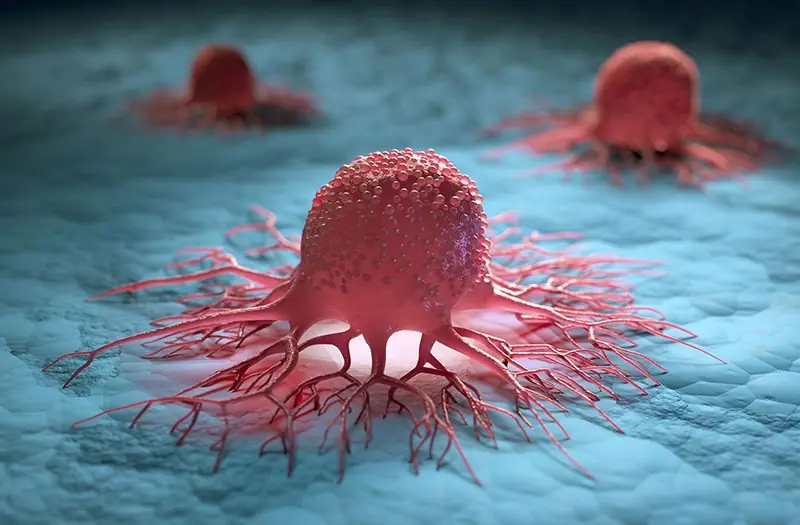
Pain in This Part of the Body Could Indicate Cancer Cells are 'Awakening' – Both Men and Women Shouldn't Ignore It
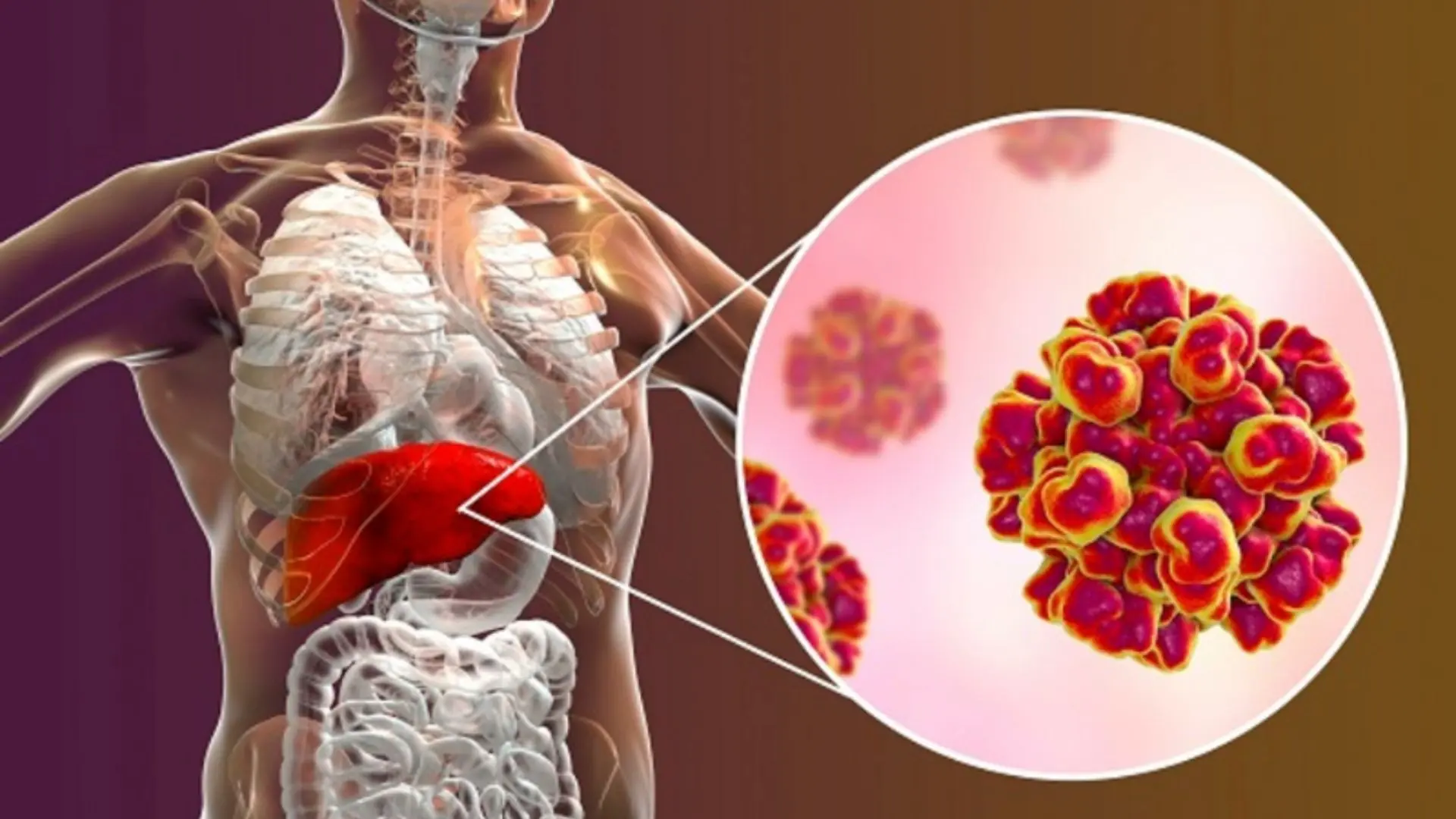
10 Unconventional Signs of Liver Damage You Must Know About
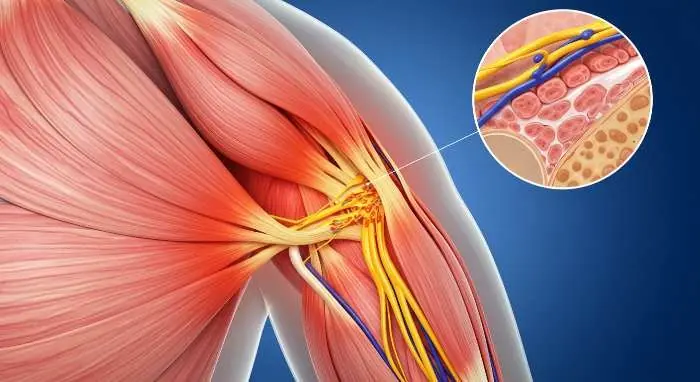
14 Early Warning Signs You're Dangerously Low on Magnesium

How To Get Rid Of Phlegm and Mucus In Chest and Throat

Burnout: Tips for Coping When You Can’t Just Quit

Beautifully Unbroken: Living Fully and Imperfectly With Bipolar

15 Common Cancer Symptoms You Shouldn’t Ignore

New Blood Test Shows Over 90% Accuracy for Lyme Disease

Is AI Use Causing Endoscopists to Lose Their Skills?

Florida Man Struck by Lightning Wakes Up With Heart Beating 265 Times a Minute
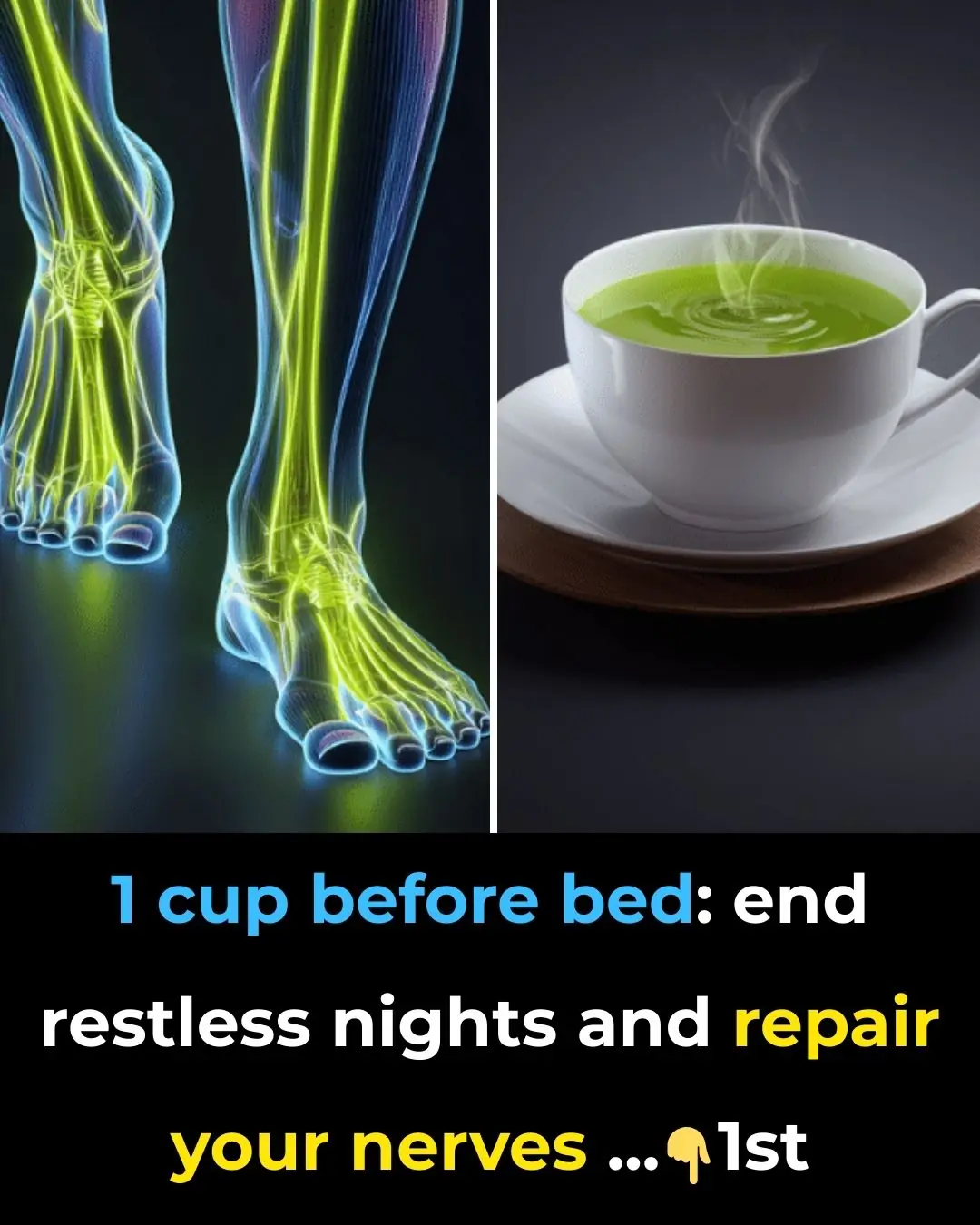
1 cup before bed: end restless nights and repair your nerves
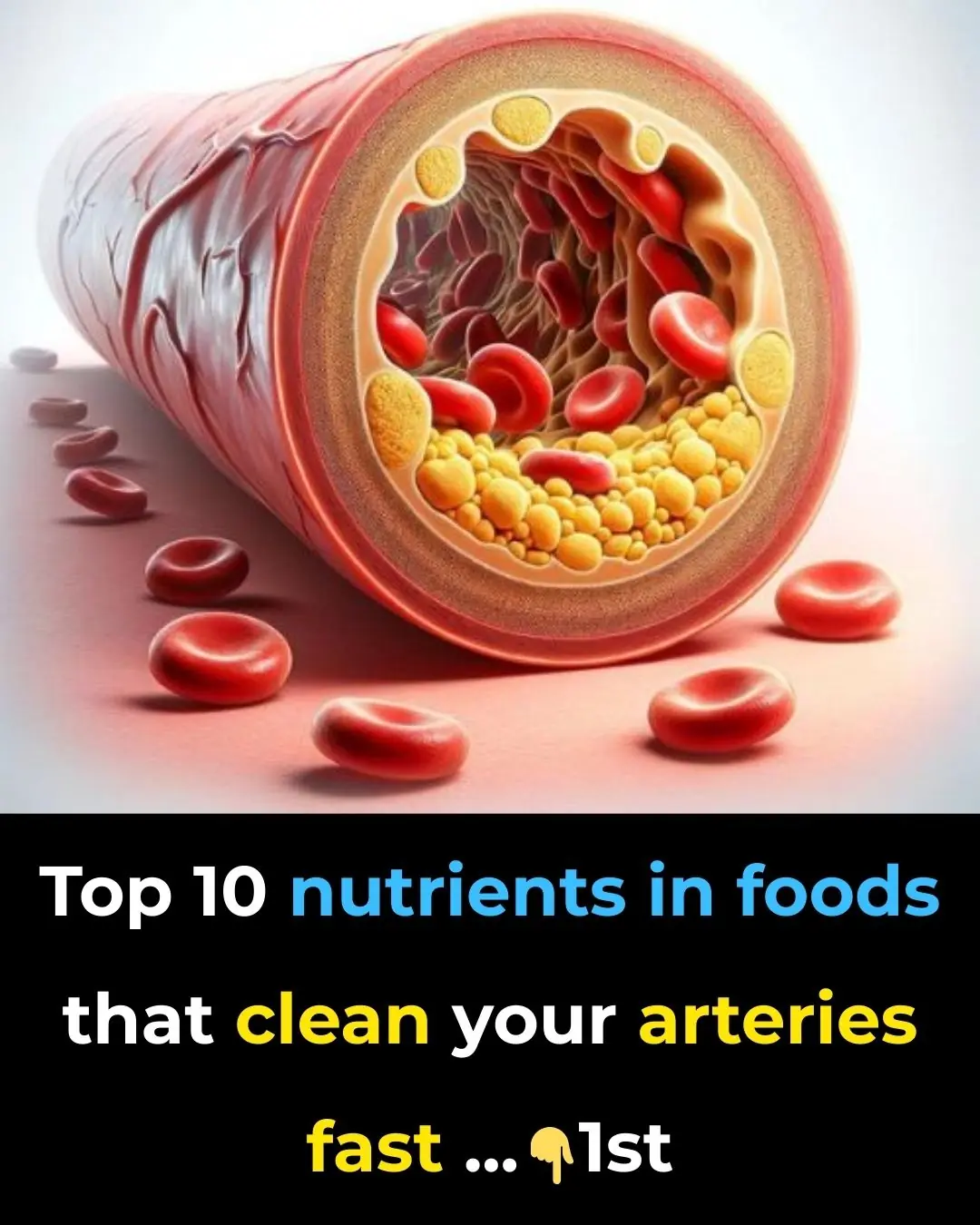
Top 10 Nutrients in Foods that Clean Your Arteries Fast

Scientists Uncover A Natural Way to Restore Vision
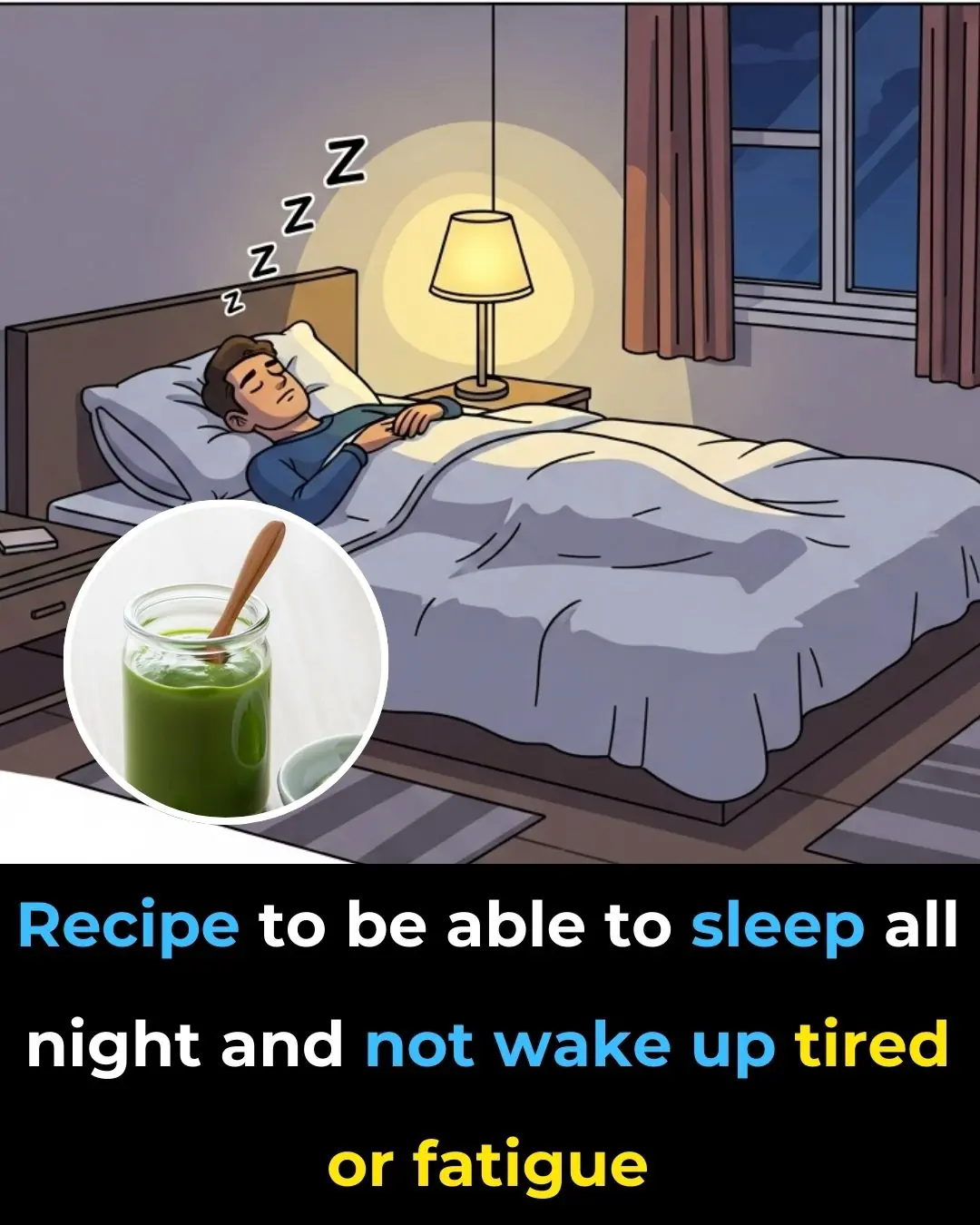
Remedy For Falling Asleep Quickly

Sleeping Enough But Still Tired
News Post

Arkansas woman accidentally discovers $27,000 dollars after kicking 'spiderweb' in park

Exactly how virus carried by 'Frankenstein' rabbits growing black 'tentacles' spreads following urgent warning from experts

The Elders' Teachings Are Not Wrong: "The Kitchen Should Not Face Three Directions, and the Bed Should Not Be Placed in Three Locations"

5 Types of Plants That Snakes Love: If You Plant Them in Front of Your House, Remove Them Immediately Before It’s Too Late
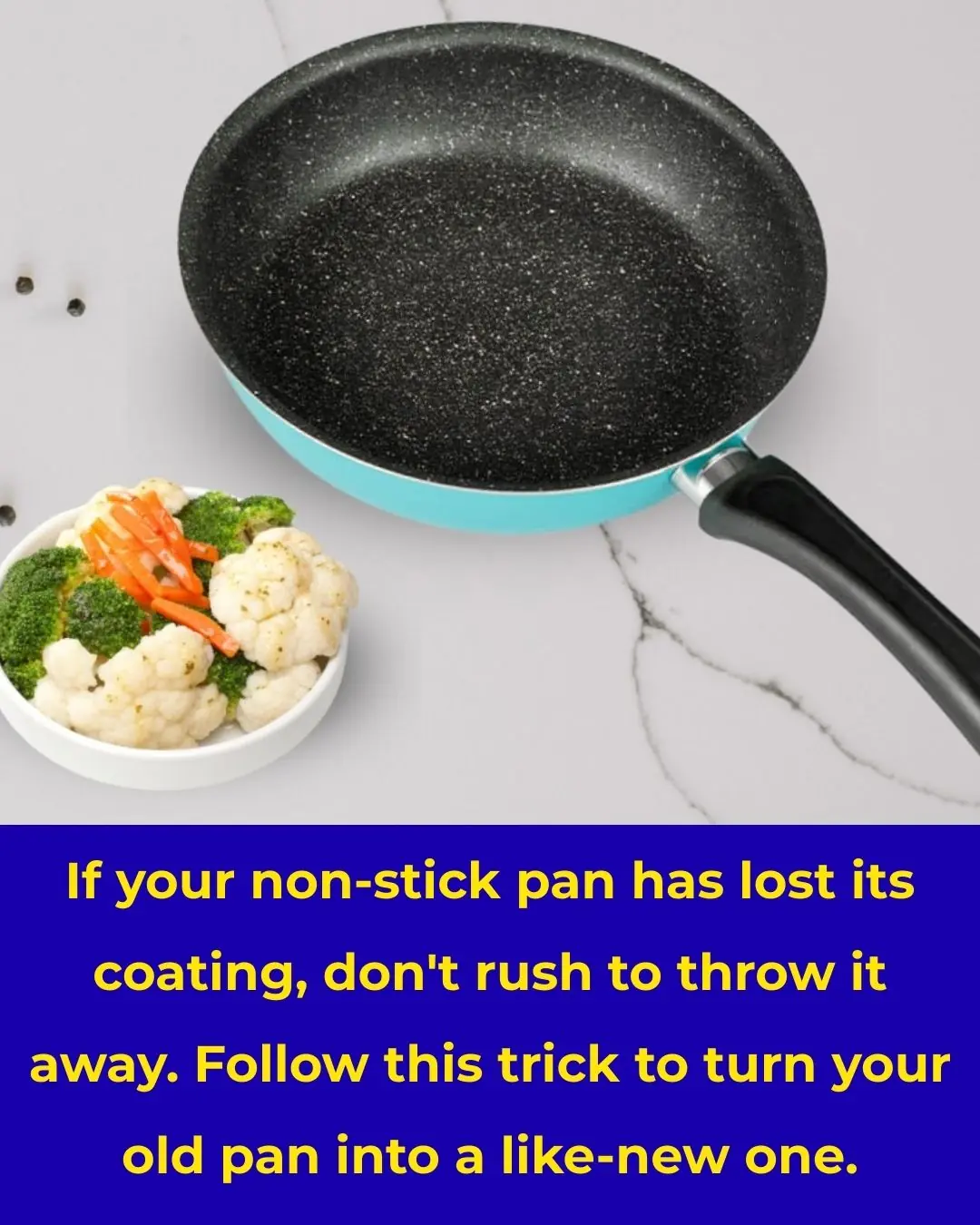
If Your Non-Stick Pan Has Lost Its Coating, Don’t Rush to Throw It Away. Follow This Trick to Turn Your Old Pan Into a Like-New One.
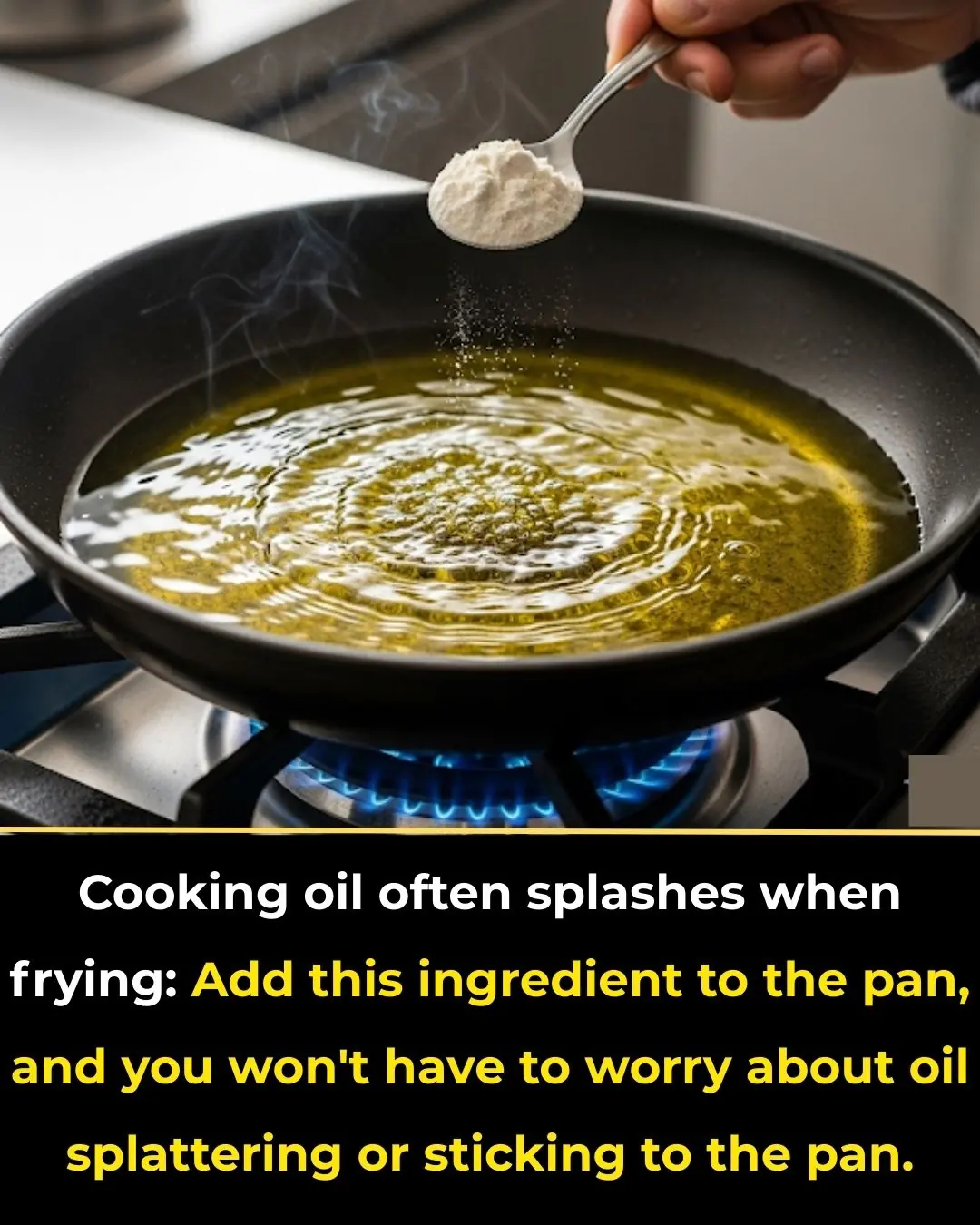
Cooking Oil Often Splashes When Frying? Add This Ingredient to the Pan, and You Won't Have to Worry About Oil Splattering or Sticking to the Pan

Is It Correct to Close the Door When Using the Air Conditioner? Here Are 5 Mistakes That Can Cause Your Electricity Meter to Increase 2-3 Times
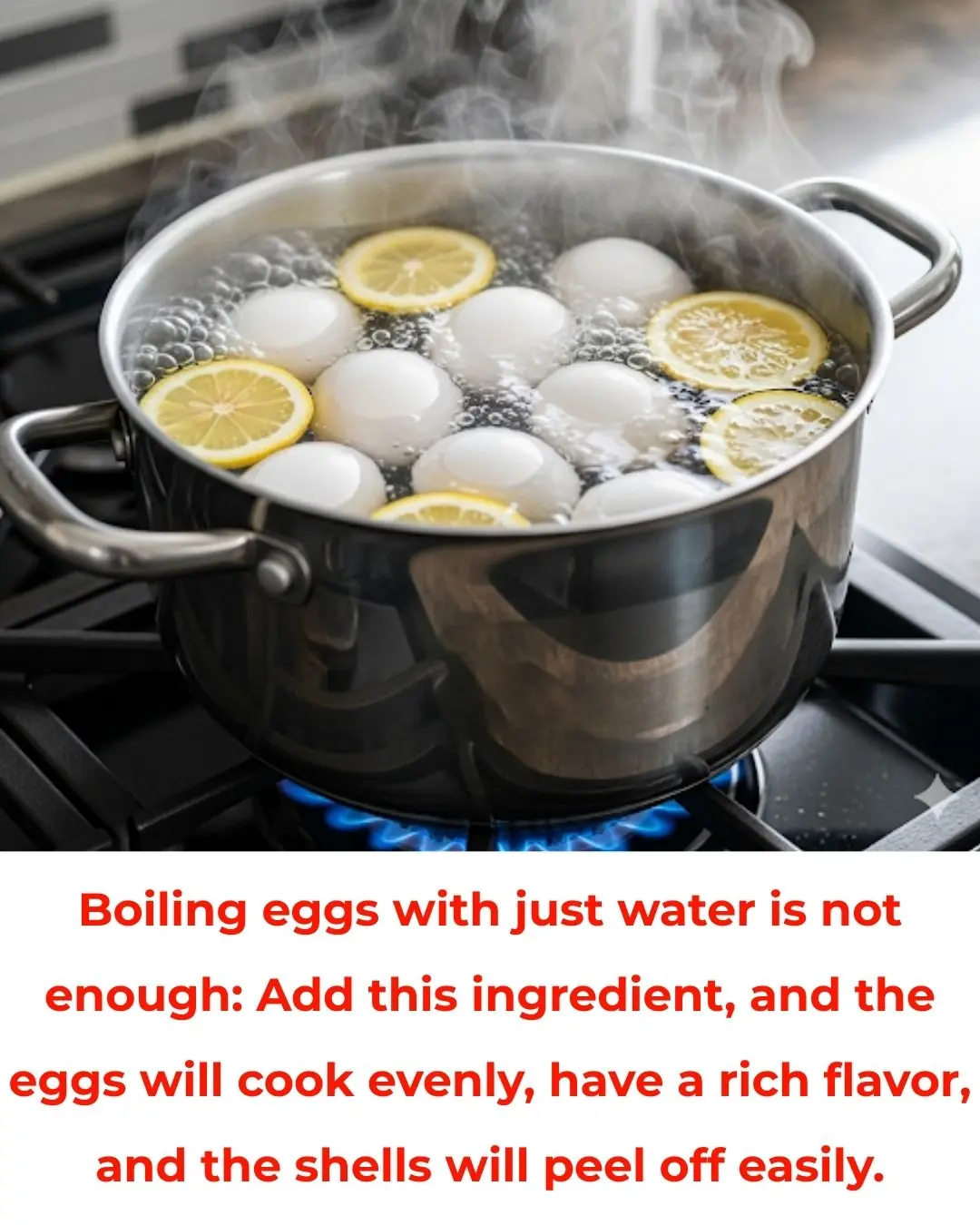
Boiling Eggs with Just Water is Not Enough: Add This Ingredient, and the Eggs Will Cook Evenly, Have a Rich Flavor, and the Shells Will Peel Off Easily

Do Not Ignore These 10 Warning Signs That Your Kidneys May Be In Danger

Buying Meat and Just Placing It Directly in the Freezer for Storage is a Mistake: The Shop Owner Shares a Trick to Keep Meat 'Fresh for a Whole Year' Without Spoiling
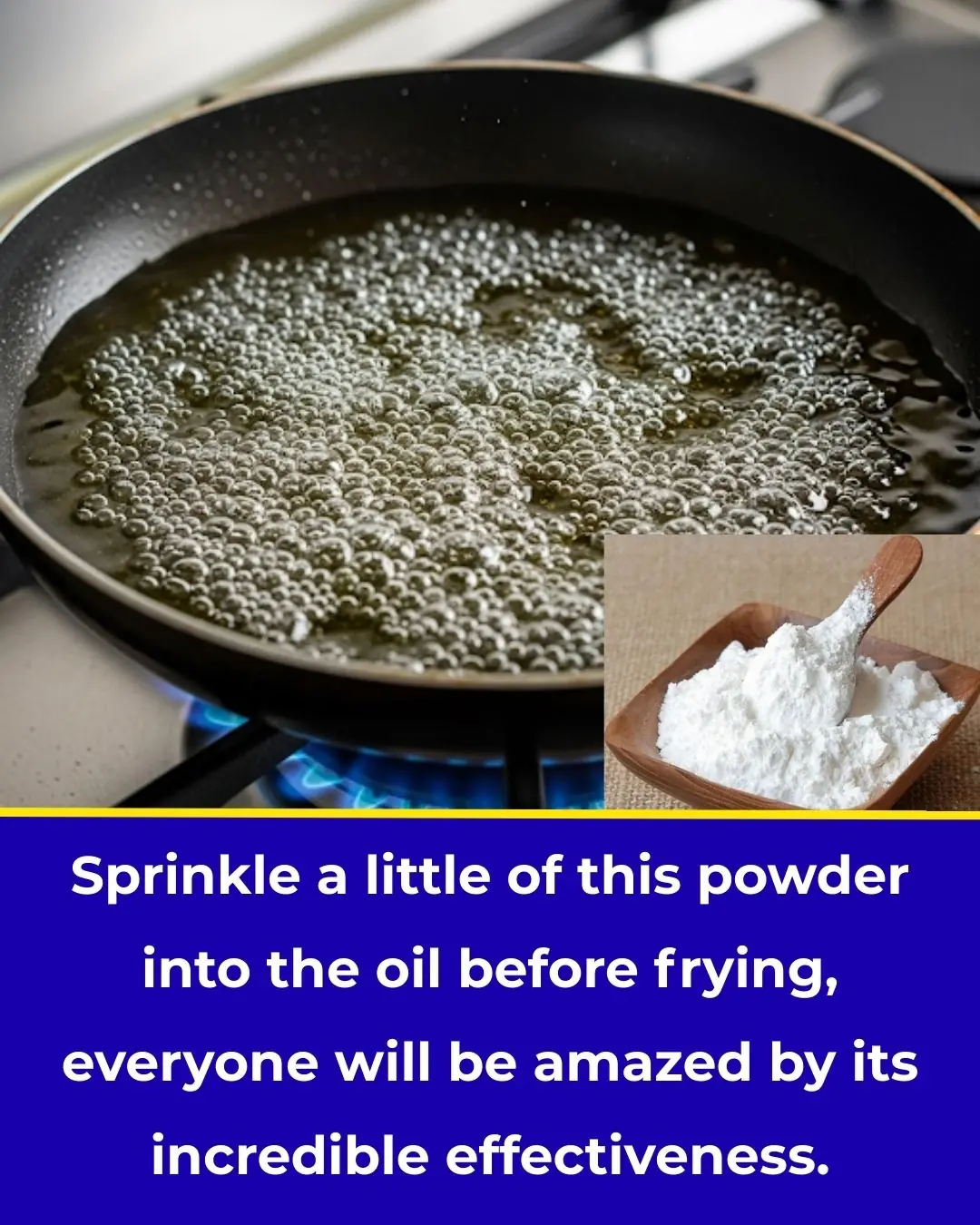
Sprinkle a Little of This Powder into the Oil Before Frying, Everyone Will Be Amazed by Its Incredible Effectiveness

If Your Body Suddenly Jerks While Falling Asleep, This Is What It Means

What Is This Button In The Car For

How Long Cooked Food Can Stay In The Refrigerator

If You Eat Eggs Every Day

Vegetables To Clean Your Arteries And Prevent Heart Attack

Pain in This Part of the Body Could Indicate Cancer Cells are 'Awakening' – Both Men and Women Shouldn't Ignore It

10 Unconventional Signs of Liver Damage You Must Know About

14 Early Warning Signs You're Dangerously Low on Magnesium
